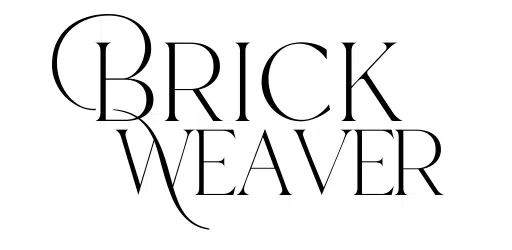
What the Bank of England vote means for homebuyers; is to expect more of the same. At least for now.
Yesterday, The Bank of England silenced the endless speculation surrounding a base rate increase. Voting 7-2, to maintain the base rate at 0.1%. Whilst suggesting, a ‘modest’ rise in interest rates is imminent.
Given the country was whisked into a media frenzy of conjecture. Many are scooping their jaws off the floor, trying to understand what didn’t happen.
Why did the bank rate not increase?
Despite the Bank of England expecting inflation to have a 5% ‘spring’ in its step, they anticipate its descent back, to their target of 2% over the next few years. Instead of reacting to transient factors, such as high oil and gas prices, which they predict ‘will fade along with production difficulties’. They claim to prefer to concentrate ‘on medium-term inflation expectations’.
Will interest rates still increase?
There is a lot of ‘expectation’ in The Bank of England’s Monetary Policy Report – November 2021. This isn’t because of any fear of commitment, rather they can’t decide when to do it. So tease; “We expect interest rates will need to rise modestly to return inflation to our 2% target.”
So what will a ‘modest’ rise in interest rates mean for homebuyers?
For those indebted to a mortgage, an increase of 0.25pc will feel like a limp fisted hand shake as opposed to a bone crunching seal of fate. Even a rise to 0.75pc will not disrupt 75% of mortgage homeowners’ sleep. Most having locked into a cheaper mortgage fixed rate, for the next few years. For the 850,000 homeowners on tracker deals, and the other 1.1 million on standard variable rates (SVRs), an increase may cause the odd sleepless night by 2023. But it is the additional increase in energy and living costs that will bring on the onset of insomnia, as household budgets are squeezed.
Previous UK’s base rates and Fixed term mortgage consequences?
Since 2009 the Bank of England’s base rate has averaged 0.5% with a drop in 2016 to 0.25% and a rise in 2018-19 to 0.75%. Therefore a rise for many mortgage veterans is a return to form. For those who benefitted from record low mortgage rates over the past year. The difference will be noticeable especially for those who took a 2 year fixed rate. Though those on a 5 year fixed term, will expect things to have settled in the new norm by then.
However, given every mortgage application is stressed tested to confirm a borrower can still meet the monthly repayments if mortgage rates were to rise. A modest increase shouldn’t shake any household foundations.
Which homeowners will an interest rate increase affect the most – Cladding scandal victims
Those already condemned to sleepless nights are homeowners whose property is wrapped in combustible cladding. Drowning in debt due to an inability to remortgage. The most recent historically low interest rates must have felt like lenders were taunting them when they were down. The reported surge in household repossessions, a rise in the base rate will cause, will no doubt consist of a large number of these homeowners.
So what can we expect in the next few months?
Expect change. With the plethora of energy and living price rises, things are going to be bumpy over the next two years for homeowners. However if planning to buy, you’d be wise to utilise the extra time to lock in a record low mortgage. With property prices set to continue to rise, albeit at a slower rate than the post pandemic meteoric rise. Your home will remain a safe investment.





